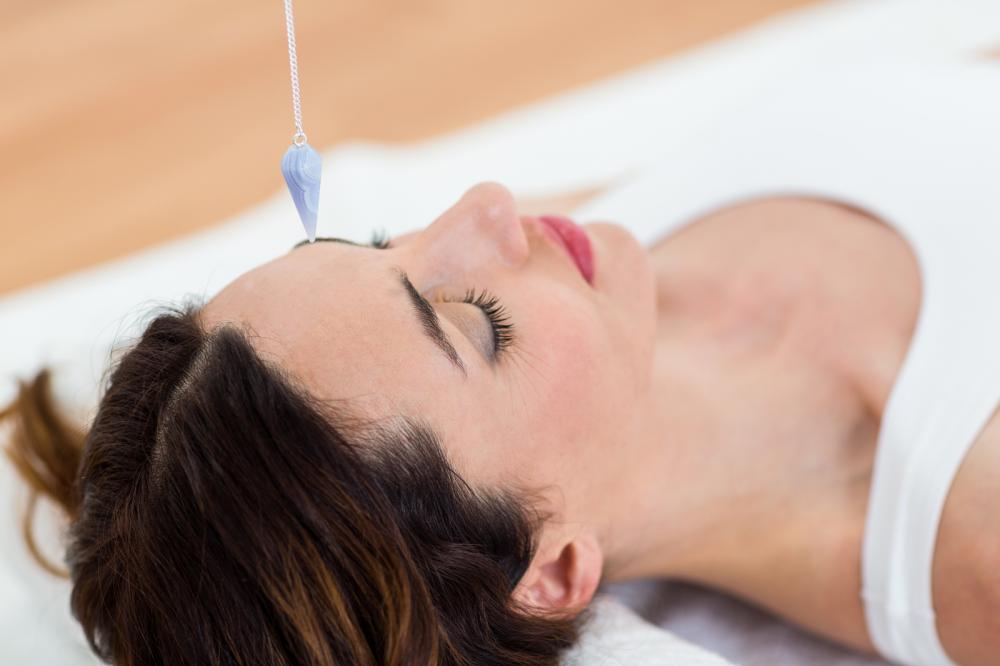Modern hypnotherapy has been growing in popularity since 1958 and continues to show promise by helping people deal with physical, mental, and psychological problems.
Professionals use this to address issues such as low self-esteem, PTSD depression, chronic pain, and a range of mental illnesses. In this blog, we take a look at 5 areas in which hypnosis is really beneficial.
Hypnosis Helps to Calm Nerves
Harnessing the power of the mind, hypnosis is used relieve anxiety related to certain medical procedures such as surgery, giving birth or scans. The mechanism is similar to a placebo effect in which a patient’s expectations determine how they feel.
Hypnosis is used to adjust the expectations and minimize fear, disability, and pain. Because of its effectiveness, further research is being conducted to determine if hypnosis can be used as a treatment for other disorders.
Hypnosis Helps Improve Deep Sleep
Previous studies on hypnosis simply asked participants regarding their quality of sleep (or lack thereof) but in recent studies conducted by Swiss researchers, the brain activity of a group of healthy women was monitored. It was found that women who were most inclined toward hypnosis spent a significantly greater amount of time in slow-wave sleep (the restorative part of sleep) compared to those who did not.
Hypnosis Helps Cure Dental Phobia
According to the British Dental Health Foundation, 10 to 20 percent of the world’s population suffers from dental anxiety.
This fear stems of either having a bad experience at the dentist or knowing someone who had one. Dentists make use of a hypnosis method known as neuro-linguistic programming (NLP) which helps to interrupt anxiety and “re-wire” certain thought processes.
Hypnosis Helps to Ease the Pain
Two different pieces of research published in 2000 and 2009 deemed hypnosis as an effective tool for combating pain stemming from conditions such as cancer, fibromyalgia, and arthritis. Despite the scientific evidence to back the claims, very few psychologists use this treatment.
Hypnosis Helps with Weight Loss
Qualified hypnotherapists work with clients to find out the reason for food cravings and help them to develop habits which help curb cravings and lead to a much healthier lifestyle.
Contrary to popular belief, the benefits of hypnotherapy are numerous and are backed by scientific research. Our certified hypnotist and rehabilitation counselor, Rekha Shrivastava, M.S., CH, CRC, CASAC, offers effective self-esteem strategies including treating feelings of depression and emptiness as well as multiple disorders. Contact us today! She also conducts online sessions via Skype and FaceTime to distant clients!
Sources:
- http://online.wsj.com/news/articles/SB10001424052702303815404577333751488988824
- http://edition.cnn.com/2011/HEALTH/08/12/hypnobirth.pregnancy/
- http://www.ncbi.nlm.nih.gov/pubmed/10769981
- https://www.apa.org/monitor/2011/01/hypnosis.aspx
- https://www.mayoclinic.org/tests-procedures/hypnosis/about/pac-20394405
- https://www.webmd.com/mental-health/mental-health-hypnotherapy#1
- https://www.psychologytoday.com/us/blog/two-minute-shrink/201004/hypnosis-underused-technique
- https://www.huffpost.com/entry/hypnosis-health-benefits_n_5523210
- http://www.bsdht.org.uk/resources-app/new-dental-anxiety?A=SearchResult&SearchID=768541&ObjectID=5256454&ObjectType=35


Be First to Comment